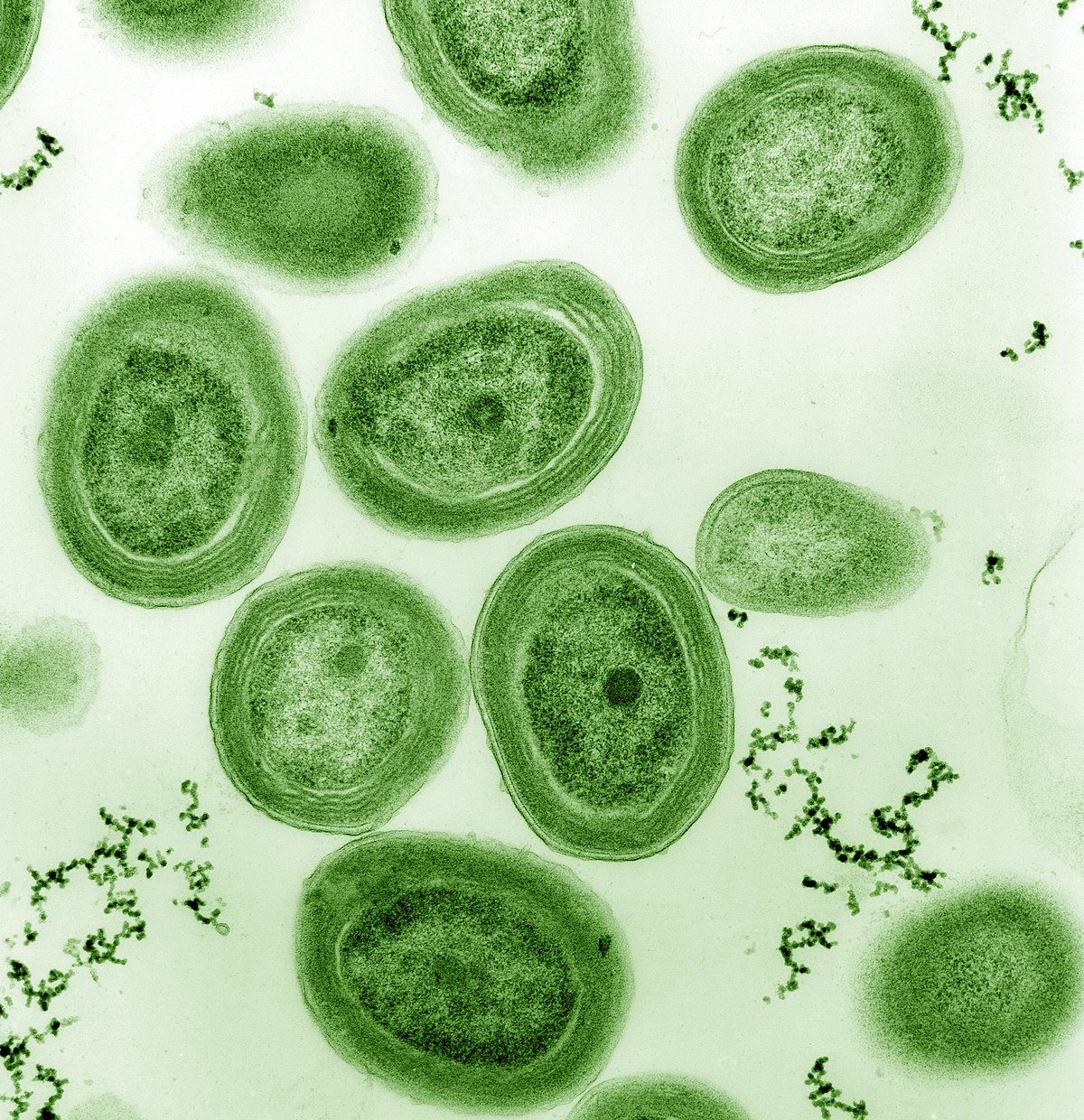‘Bacteria in the ocean produce 50% of the world’s oxygen. If you thought trees were important – yeah, they are, but they are only half the story. Without microbial photosynthesis in the ocean, you don’t have enough oxygen on the planet to breathe’, says US microbial ecologist Jack Gilbert.
Most lists of the world’s endangered species don’t include Prochlorococcus – but they just might be the most important of all.
It’s estimated that these photosynthetic bacteria produce 10% of the earth’s oxygen, but a recent study by Macquarie University show that their growth and ability to photosynthesise are being significantly affected by plastic leachates – that’s chemicals that leach out of plastic when it’s exposed to sea water.
Despite their size, microbes have a surprisingly large influence on the planet’s climate. Microbes in soils and oceans play a huge role in carbon sequestration. In fact, just two types of marine bacteria – one of them Prochlorococcus – remove around 10 million tonnes of carbon from the atmosphere each year. Others, found in soils and aquatic environments, can remove methane from the atmosphere.
Microbes can also produce an anti-greenhouse gas called dimethyl sulphide (DMS) which is important for cloud formation.
The risk is not that human influence will kill ALL the microbes, but that we will sufficiently alter their communities in ways that are detrimental to the survival of plants, animals or us.
Plastic in the ocean is a good example. Plastics don’t indiscriminately kill bacteria, but if you pump the environment full of plastics and microplastics, you select for bugs that can actually out-compete some of the bugs that are helping to recycle our nutrients, to capture our carbon, to produce our oxygen.
You change the ecosystem, and the ecosystem no longer supports the services that we rely on.
By the way – ‘microbe’ is a catch-all term for any organism that is too small to be seen with the naked eye. This extremely diverse group includes viruses, bacteria, archea and protists, as well as very small single-celled plants, animals and fungi.
There’s no doubt that it is time to include microbes in our conversations about conservation, restoration, and the future of the planet.
Reference: ‘Cosmos – The Science of Everything’ Issue 84, pp64-66.

